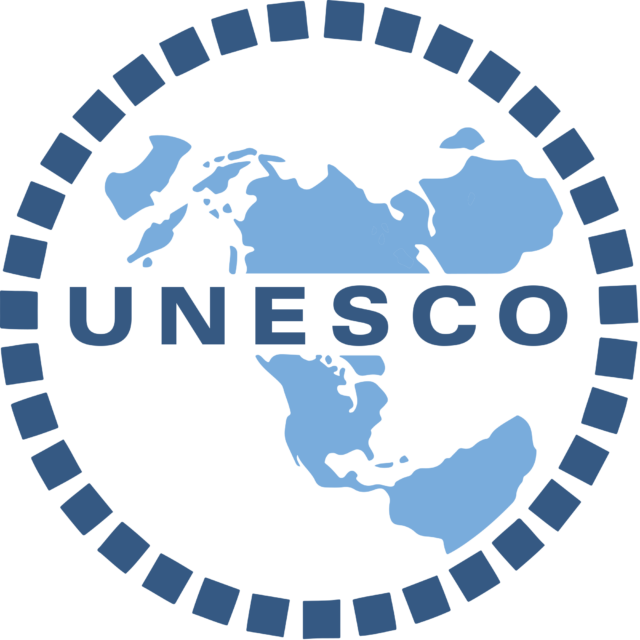Committee Overview
The United Nations Educational, Scientific, and Cultural Organization (UNESCO) was founded in 1945 after the two World Wars to help create lasting peace based on the “intellectual and moral solidarity of mankind.” Its goal is to strengthen our shared humanity by promoting education, science, culture, and communication. UNESCO works to achieve this by developing educational tools, preserving cultural heritage, promoting equal dignity among cultures, addressing social and ethical challenges, and running scientific programs and policies. UNESCO plays an important role in achieving Sustainable Development Goal (SDG) 4: ensuring inclusive, equitable education and lifelong learning for all. Over the years, UNESCO has carried out projects like literacy campaigns in Italy, creating tsunami early warning systems, and setting ethical standards for scientific research. The organization helps shape policies, set international standards, encourage cooperation, and build the capacities of member states in education. UNESCO is committed to building peace, ending poverty, and promoting intercultural dialogue through education, science, and culture.
Topic A: The Ethics of Emerging Health Technologies
Over 22 years ago, UNESCO created the “International Declaration on Human Genetic Data.” Since then, gene editing technologies, DNA sequencing, and the rise of private companies handling sensitive genetic information have raised important questions. Today, fast-developing fields like neurotechnology also need a clear set of rules to make sure they are used responsibly. These technologies must be used in ways that are ethical, fair, and safe. Now is the time for UNESCO to look at how these technologies should be used. Some emerging technologies include gene editing, which can be used on humans, plants, or animals; synthetic biology, which makes organisms perform tasks they wouldn’t naturally do; brain-computer interfaces or technologies that read brain activity; and personal DNA sequencing. UNESCO’s job is to protect ethical standards in science and technology. All of these innovations impact important aspects of human life, like dignity, privacy, and identity. Delegates must also keep in mind that the benefits of these technologies are not spread equally, they could be misused for harmful purposes, and different parts of the world may have very different views on their ethical use.
Topic B: Protecting Cultural Heritage in Conflict Zones
Conflicts put entire cultures at risk. When cultural heritage is destroyed, it harms people deeply by taking away parts of their history and identity. Cultural heritage includes both physical objects and the ways of life that are passed down through generations. While some cultures are well known, many others are not. Protecting these traditions is crucial so that no culture is forgotten. For example, in Ukraine, the use of explosive weapons has destroyed museums like the Ivankiv Local History Museum and the National Literary and Memorial Museum of Hryhorii Skovoroda. In Yemen, four cultural sites listed as UNESCO World Heritage sites have also been severely damaged during recent conflicts. The 1954 “Hague Convention for the Protection of Cultural Property in the Event of Armed Conflict” was the first international agreement aimed at protecting cultural heritage during war. Today, there is a need to revisit the protections on cultural heritage. As delegates of UNESCO, it is important to remember that protecting cultural heritage not only helps preserve history, but also helps communities rebuild after a conflict ends.

